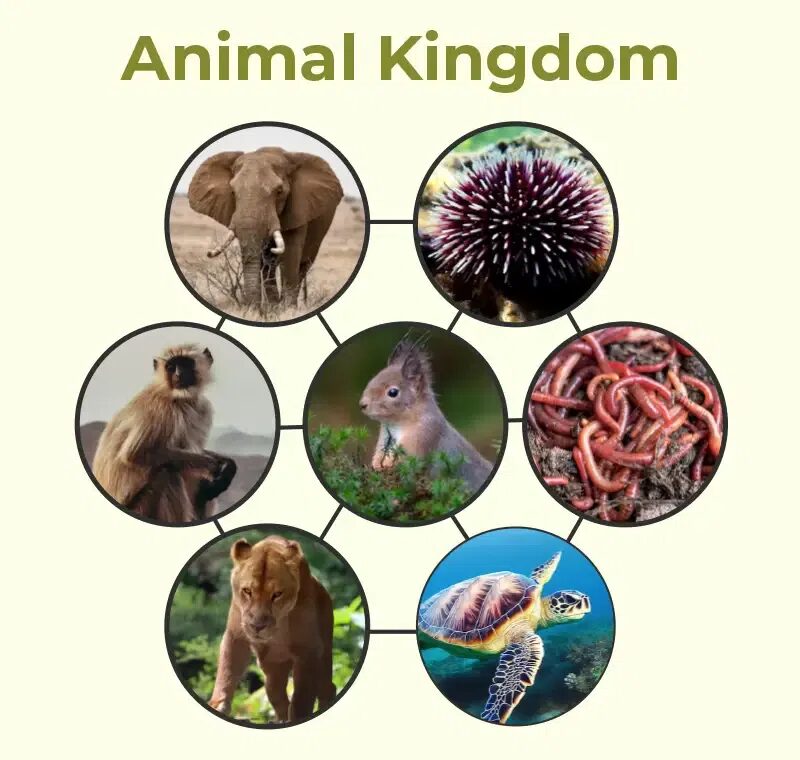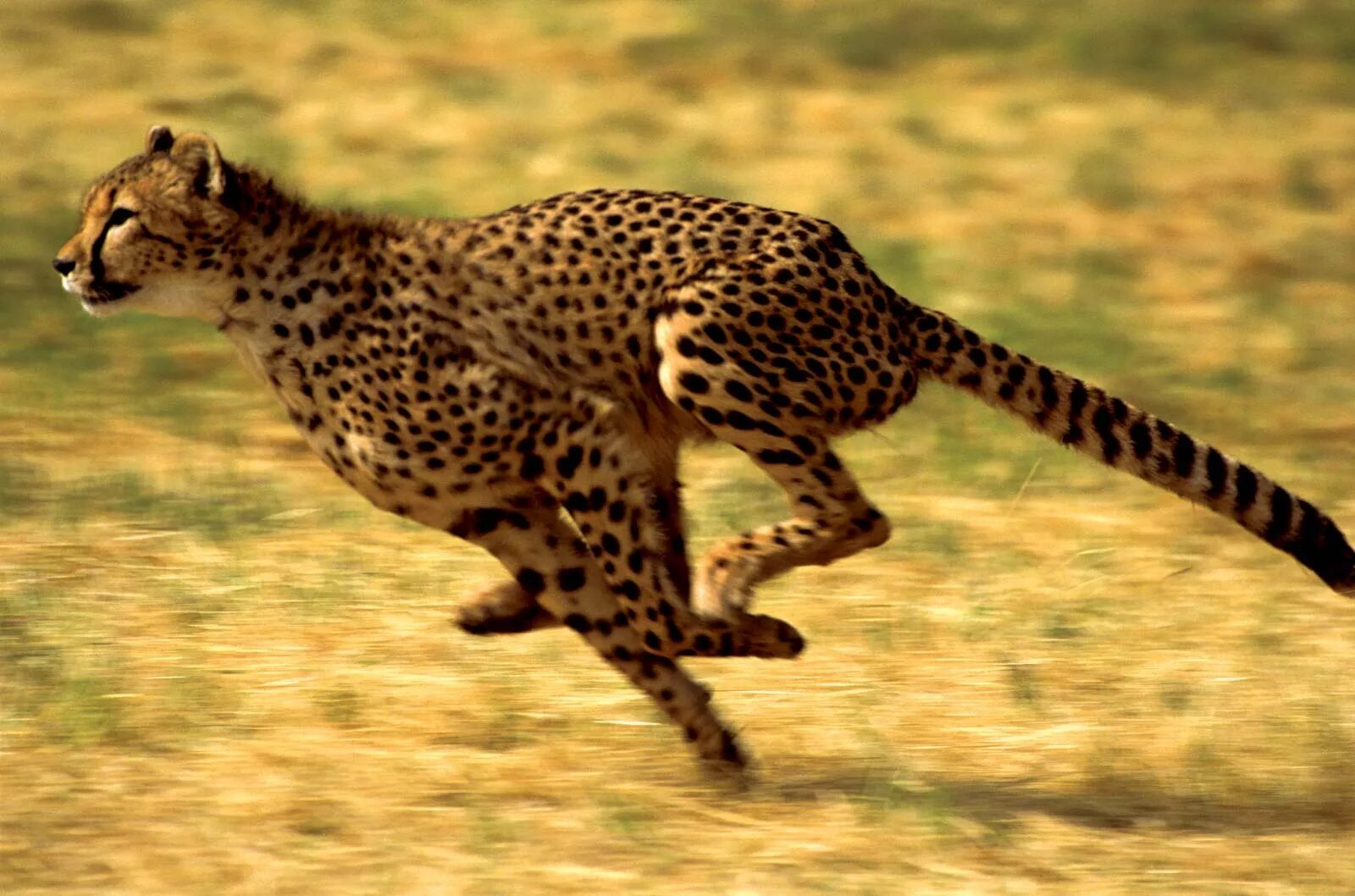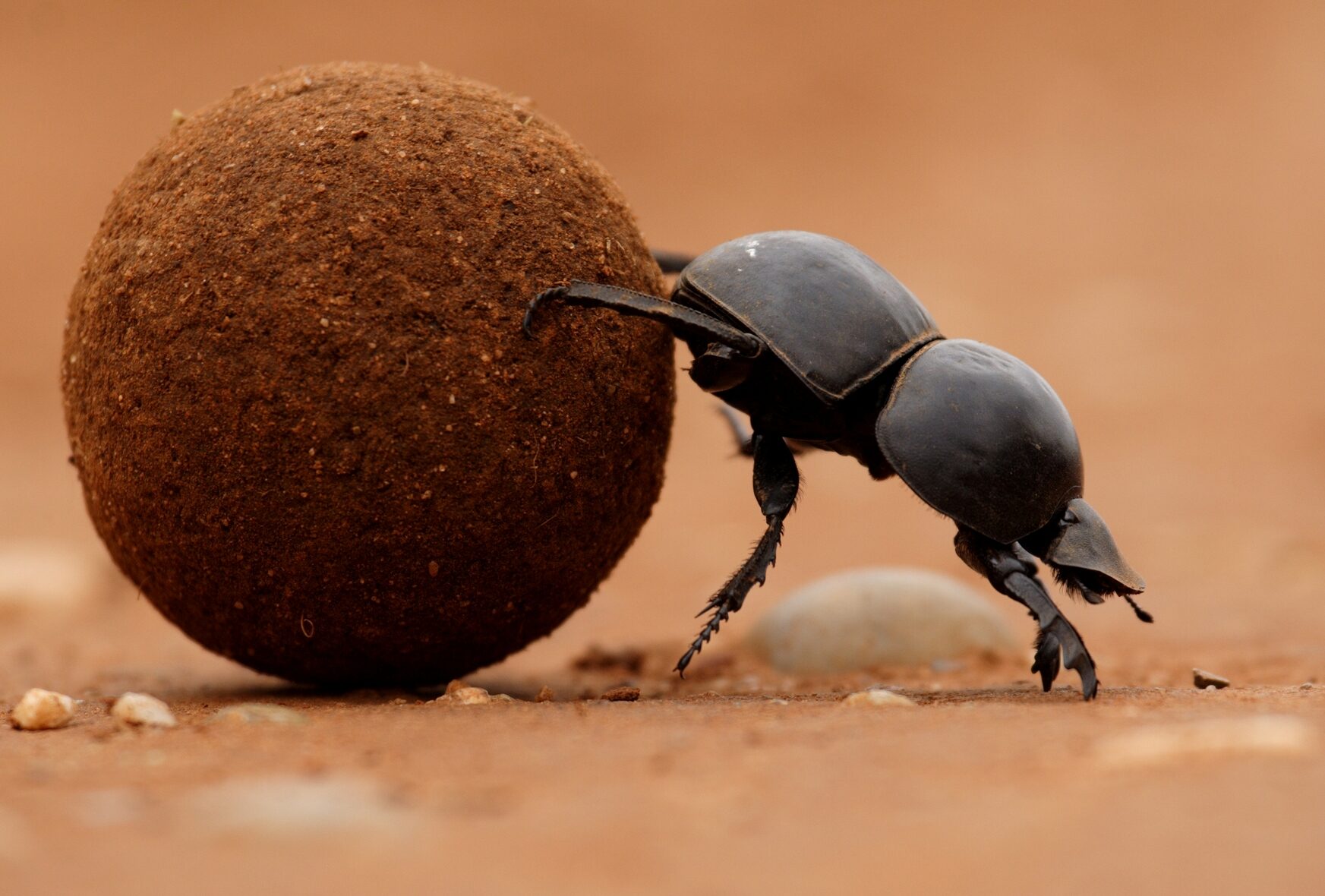The animal kingdom is a never-ending source of wonder. From the mesmerizing migrations of birds to the mind-boggling communication of whales, animals possess an incredible array of skills and abilities. But beyond the everyday marvels, there exists a select group of animal champions – the record-breakers, the ultimate achievers in the animal Olympics. These creatures push the boundaries of what we thought possible in the natural world, showcasing feats of speed, strength, endurance, and more that leave us speechless. So, buckle up and get ready to be amazed as we explore the record-breaking world of some truly extraordinary animals!

Kings and Queens of Speed: The Animal Kingdom’s Fastest Movers
Imagine sprinting across a vast plain, leaving even the fastest cheetahs in the dust. That’s the reality for the peregrine falcon, the undisputed champion of avian speed. These feathered rockets can reach incredible diving speeds of over 200 miles per hour, making them the fastest animal on Earth (when in a dive). But speed isn’t limited to the skies. The cheetah, with its sleek build and powerful legs, clocks in at a land speed record of around 70 miles per hour, making it the fastest land animal. Even in the water, speed reigns supreme. The sailfish, with its distinctive dorsal fin, slices through the waves at speeds exceeding 60 miles per hour, earning it the title of the fastest fish.

Masters of Strength: Animals Who Can Lift (and Crush) Anything
Think weightlifting is impressive? Think again! Animals like the dung beetle can pull or carry objects many times their own weight. These tiny (but mighty) insects can pull objects up to 1,141 times their body weight – the equivalent of a human dragging six double-decker buses! When it comes to sheer brute force, the African elephant takes the crown. These gentle giants boast the strongest land animal trunk, capable of lifting and manipulating objects weighing up to 7.5 tons! Even in the ocean, strength reigns supreme. The sperm whale, with its massive head and powerful jaws, holds the record for the deepest recorded dive for a mammal (over 2 miles) and can exert immense pressure to crush its prey.

Reaching for the Sky: The Animal Kingdom’s Vertical Champions
Imagine towering over a basketball hoop without even trying. That’s the reality for the giraffe, the undisputed tallest land animal on Earth. With necks reaching up to 6 feet in length and overall heights exceeding 18 feet, these gentle giants can browse on leaves that are out of reach for most herbivores. But height isn’t just about bragging rights. For birds like the common crane, their impressive wingspans (over 8 feet) are crucial for long-distance migrations across continents. Even in the insect world, height matters. The queen Alexandra’s birdwing, with a wingspan exceeding 11 inches, holds the record for the largest wingspan of any insect.
Beyond the Obvious: Unconventional Animal Records
The animal kingdom’s record-breaking feats extend far beyond speed, strength, and height. The archerfish, for example, can spit jets of water to knock insects from overhanging branches, a feat of remarkable accuracy. The electric eel, with its specialized electrical organs, can generate powerful electric shocks exceeding 600 volts, enough to stun a horse. The tardigrade, also known as the water bear, possesses an incredible tolerance for extreme environments, surviving in boiling temperatures, freezing conditions, and even the vacuum of space!
The Power of Adaptation: Why Animal Records Matter
The record-breaking abilities of animals aren’t just party tricks. They are the result of millions of years of evolution and adaptation. The cheetah’s speed allows it to outrun its prey in the vast African savannas. The giraffe’s long neck enables it to reach leaves that are out of reach for other herbivores. These incredible feats are a testament to the power of natural selection, where animals that develop advantageous traits are more likely to survive and reproduce. Studying these remarkable records can also help us understand the delicate balance of ecosystems and the importance of preserving these amazing creatures.
A Celebration of Diversity: The Wonder of the Animal Kingdom
From the lightning-fast cheetah to the sky-high giraffe, the animal kingdom is brimming with record-breaking champions. These incredible feats highlight the remarkable diversity and ingenuity of life on Earth. Each record represents a unique adaptation, a solution to a specific challenge faced by the animal in its environment. So, the next time you see a bird soaring through the sky or a fish darting through the water, take a moment to appreciate the incredible feats of evolution and adaptation on display. These animal champions are a constant reminder of the beauty and complexity of the natural world.
The Future of Animal Records: Uncovering the Unknown
The animal kingdom is still full of mysteries waiting to be uncovered. With advancements in technology and research, we might discover even more extraordinary feats in the future. Who knows? Maybe there’s a deep-sea creature lurking in the ocean depths with an even stronger bite than the sperm whale, or a bird yet to be discovered with an even more impressive migration pattern. The possibilities are endless!
A Call to Action: Protecting Our Animal Champions
The animal champions we’ve explored are facing increasing threats from habitat loss, climate change, and human intervention. It’s crucial to remember that these record-breaking creatures are vital parts of our ecosystems. Protecting their habitats and promoting sustainable practices will ensure that future generations can continue to marvel at these incredible animals.
Conclusion: A World of Wonders Awaits
The animal kingdom is a never-ending source of amazement. From the record-breaking speeds of the peregrine falcon to the incredible strength of the dung beetle, these creatures showcase the power of evolution and adaptation. Each animal champion reminds us of the beauty and complexity of the natural world. So, let’s celebrate these remarkable animals, unlock the mysteries that still surround them, and work towards protecting their habitats for generations to come. The animal kingdom is a testament to the wonders of nature, and it’s our responsibility to ensure it continues to thrive.
Read Also
- Scientists Can’t Explain These 5 Mysteries (But We Have Some Hilarious Theories)!
- You Won’t Believe Where These Everyday Objects Came From!
- These Animals Possess Superpowers You Won’t Believe Exist!
- Natural Remedies for Everyday Health Issues
- Haunted by the Devil by Kinsley
Frequently Asked Questions (FAQs) about Animal World Records
Here are some of the most common questions people ask about animal world records:
1. Are there any other interesting animal records?
Absolutely! The animal kingdom is full of them. From the axolotl, a salamander with the ability to regenerate limbs, to the hummingbird, the smallest bird in the world, there are countless examples of remarkable adaptations.
2. How do scientists measure animal records?
Scientists use a variety of methods to measure animal records, depending on the specific feat. For speed, radar or timed races might be used. Strength can be measured by observing how much weight an animal can lift or pull. Height and wingspan are typically measured directly.
3. Do some animal records change over time?
Yes! As technology and research methods improve, we may discover new ways to measure animal abilities. Additionally, new species are discovered all the time, some of which may hold new records.
4. What can we learn from studying animal records?
Studying animal records can teach us a lot about evolution, adaptation, and the delicate balance of ecosystems. It can also inspire new technological innovations and remind us of the importance of protecting our natural world.
5. How can I get involved in protecting animal champions?
There are many ways to get involved! You can support organizations that work to conserve endangered species, reduce your environmental impact, and learn more about the threats animals face. Every action, however small, can make a difference.

